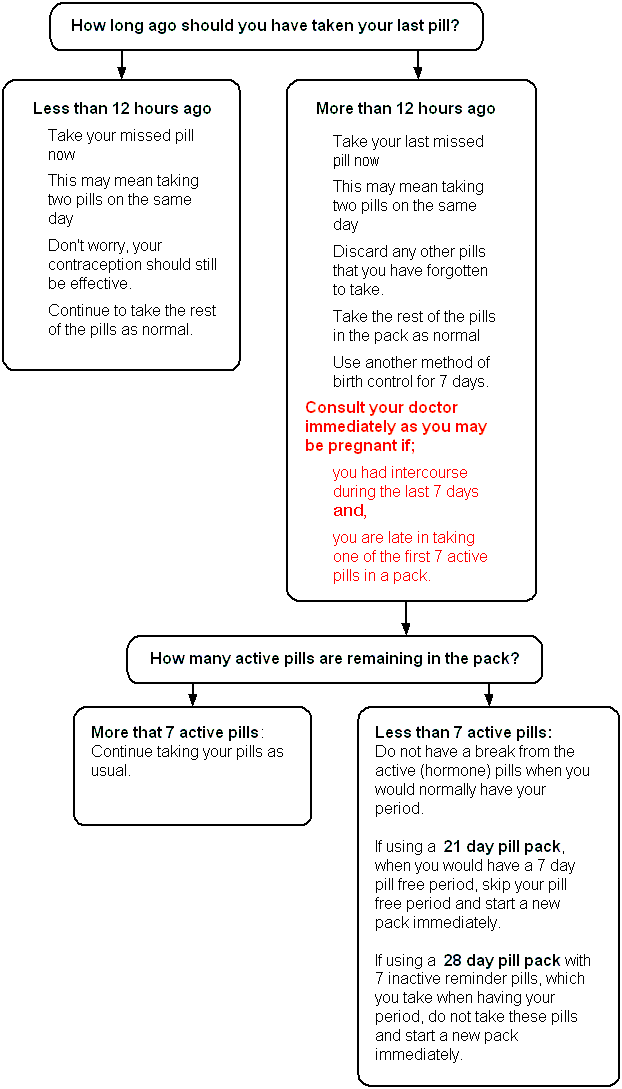Insertion of IUD’s (Intrauterine devices)
An IUD is a small T-shaped contraceptive device which is inserted into your uterus, usually in a day-surgery under sedation. Two nylon strings are attached to the IUD to allow for easy removal and they also allow you to occasionally check that the IUD is still in place in your uterus and hasn’t been dislodged or expelled.
There are three different types of IUD’s available at the Private Clinic. Two hormonal IUD options will provide contraceptive protection for 8 years and 5 years for the smaller version. The non hormonal (copper) IUD will provide contraceptive protection for 5 years.
You will need to see your doctor to discuss whether an IUD is suitable for you and which type of IUD is appropriate.
IUD’s are typically not suited for women who could be pregnant, have a current pelvic infection or STI, have abnormal, undiagnosed bleeding from your vagina, or if you are awaiting treatment following an abnormal PAP smear.
IUD’s do not offer any protection from sexually transmitted infections (STI), so a barrier method eg. condoms, should be used if there is any risk of acquiring an infection.
The contraceptive protection provided by an IUD is reversible upon removal. Studies show that your chances of getting pregnant after an IUD is removed are similar to women who had not been using any form of birth control.
Call the Private Clinic for more details about the insertion cost.
Instructions for patients who are considering an IUD.
Discuss with your GP. If you intend to have an IUD fitted, make an appointment with your GP to discuss this option with you and to perform the necessary tests. (see below)
If you are coming to the Private Clinic for a pregnancy termination, we can usually insert the IUD at the time of the termination, but only if you are 8 weeks pregnant or less, and have had the necessary tests performed beforehand (see below). Please inform us that you intend to have an IUD inserted when you make your appointment. You will usually need to allow a few days to arrange for your test results to be completed by the lab and sent to us.
Alternatively, we can talk to you about this option during your counseling and perform the necessary preliminary tests prior to the termination so that the insertion can be performed during your next period.
Vaginal Swabs. We require that your GP take some vaginal swabs before you have an IUD inserted. These tests are considered “best practice” and are necessary to make sure that you don’t have any infection that you may be unaware of which could be introduced into your uterus on the IUD. A uterine infection, if undetected and not treated, could affect your future fertility.
The doctors abbreviations for the required tests are;
- HVS – MC&S (high vaginal swab – microscopy, culture and sensitivity)
- Chlamydia – URINE PCR (urine sample)
Ask your GP to request that the pathology lab forward a copy of the test results to The Private Clinic. FAX 9690-2505
When the results are available, usually after a few days, call the Private Clinic to make sure that we have received a copy of the results and that everything is OK to proceed with the IUD insertion.
Timing of insertion. The insertion of the IUD must take place during the first six days of your period, ideally between days 3 and 5. Call the Private Clinic when your period has started in order to schedule an appointment for it’s insertion. You should abstain from unprotected intercourse from the start of your period, until the IUD has been inserted.
Your appointment. On the day of your appointment at the Private Clinic;
- You will need to fast for 6 hours prior to your appointment time. (no food or water. Including lollies and gum)
- Bring a spare pair of underpants, a sanitary pad, a pair of warm socks and your Medicare card.
- We perform the insertion under IV sedation, so owing to the anaesthetic, you can not drive a car for the rest of the day after the procedure.
- We can arrange to supply you with the IUD, or if your GP gave you a prescription for a hormonal IUD, please arrange to have the prescription filled and bring it with you.
- The fee is payable on the day of the insertion.
- The Medicare rebate can be claimed on your behalf at the clinic, provided that you have registered your bank details with Medicare.








